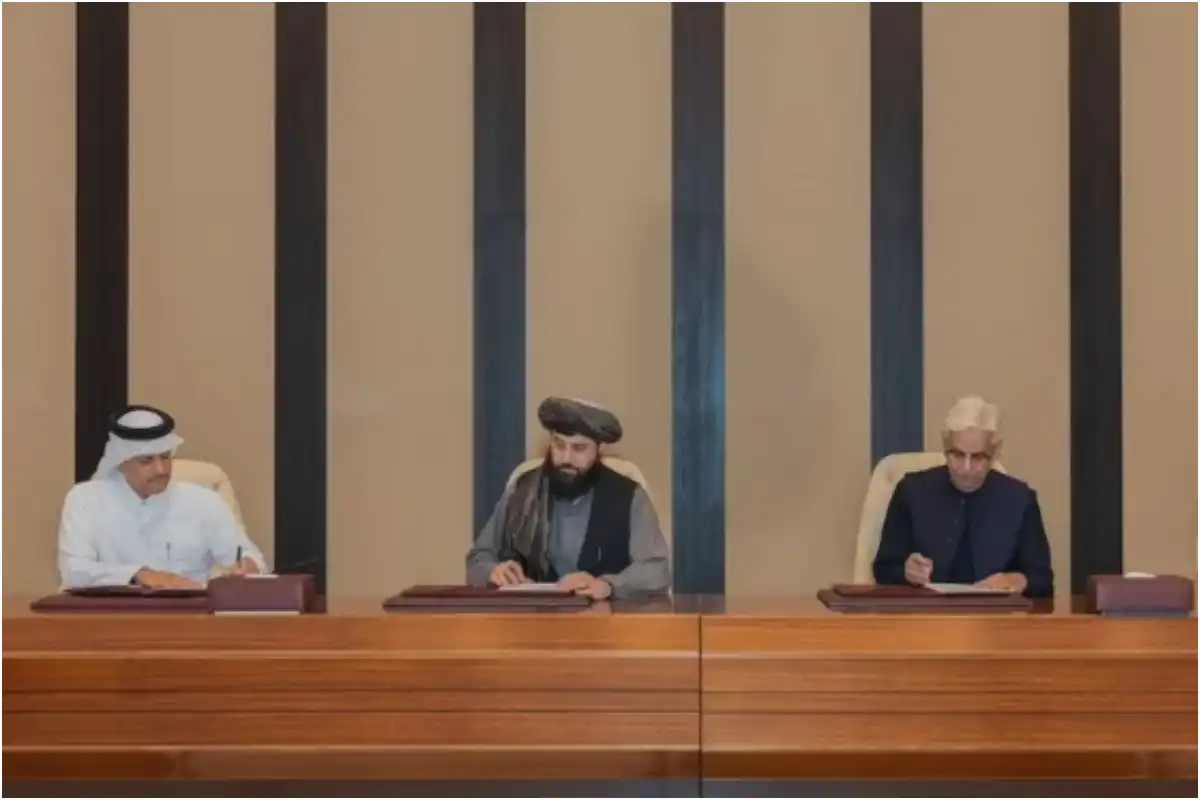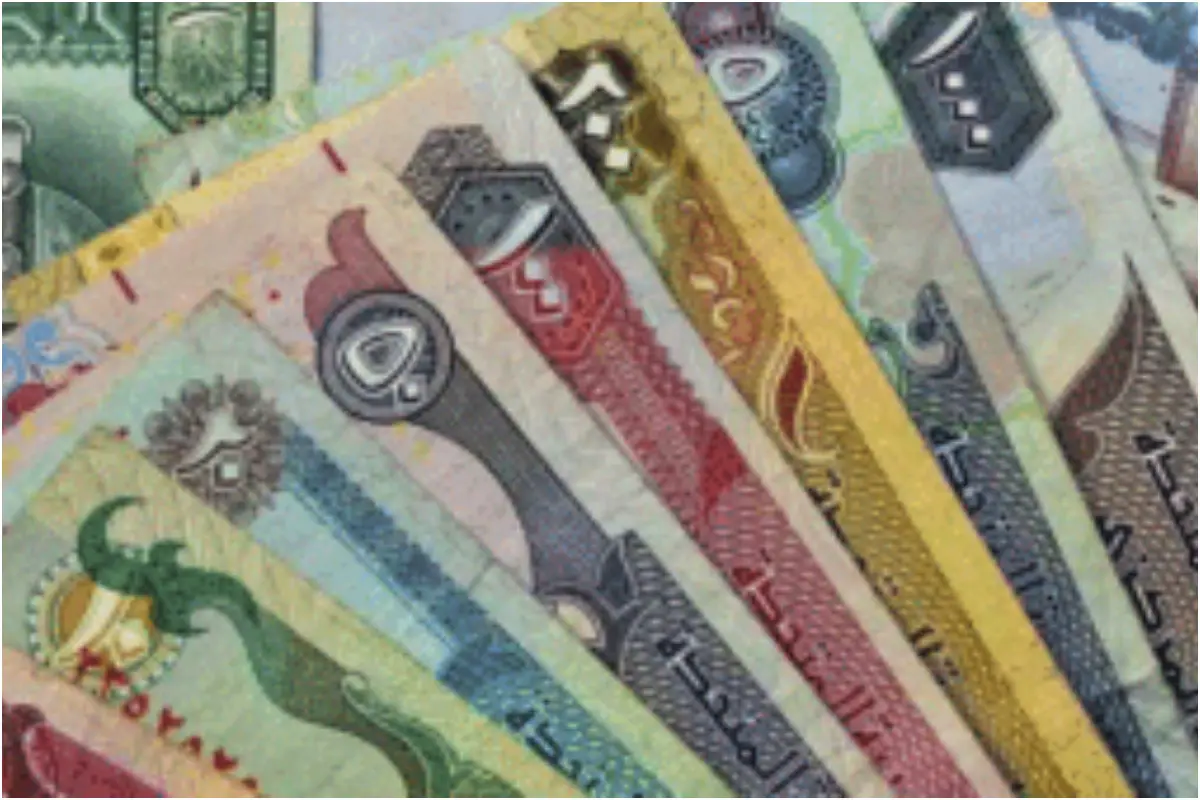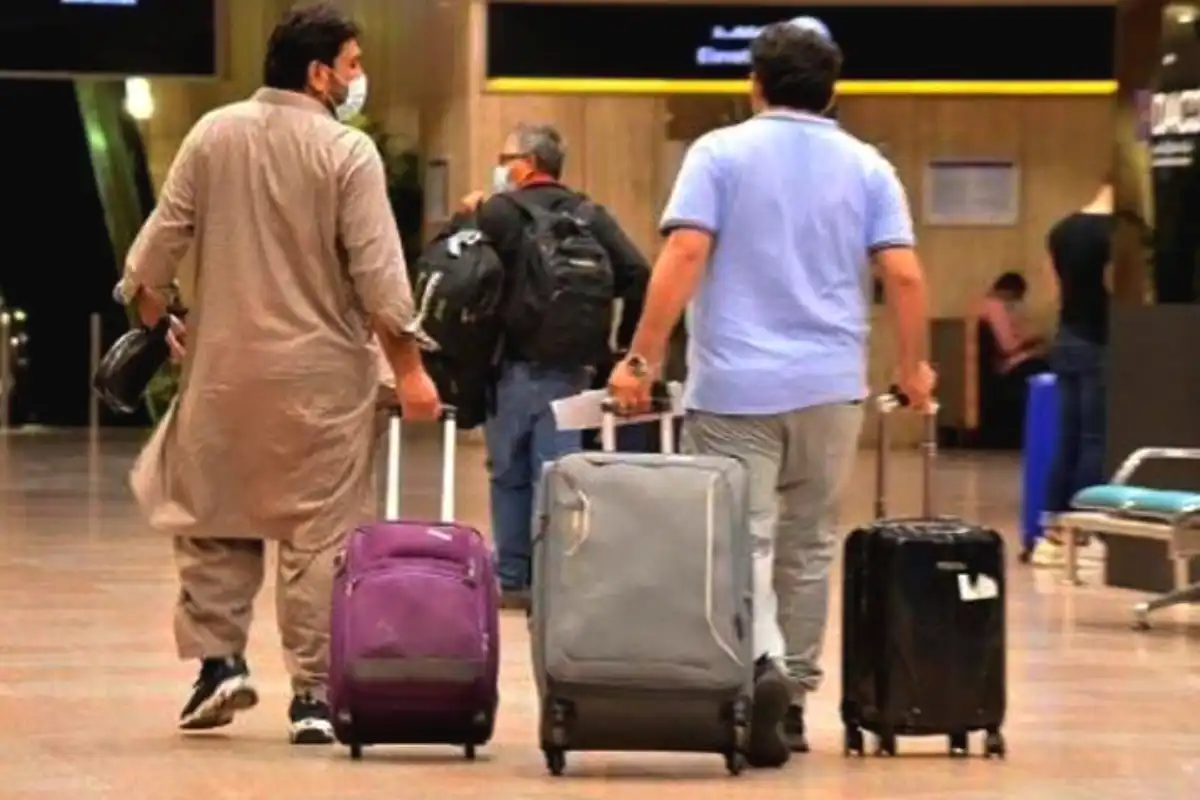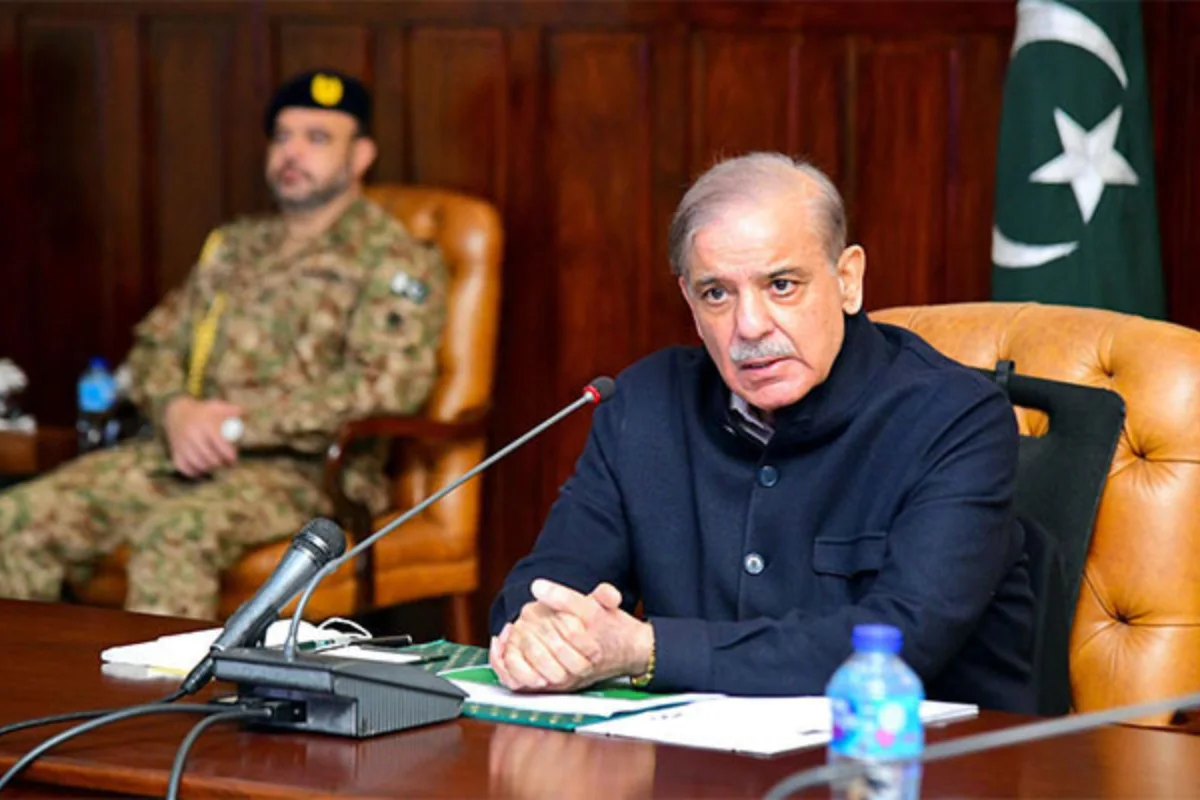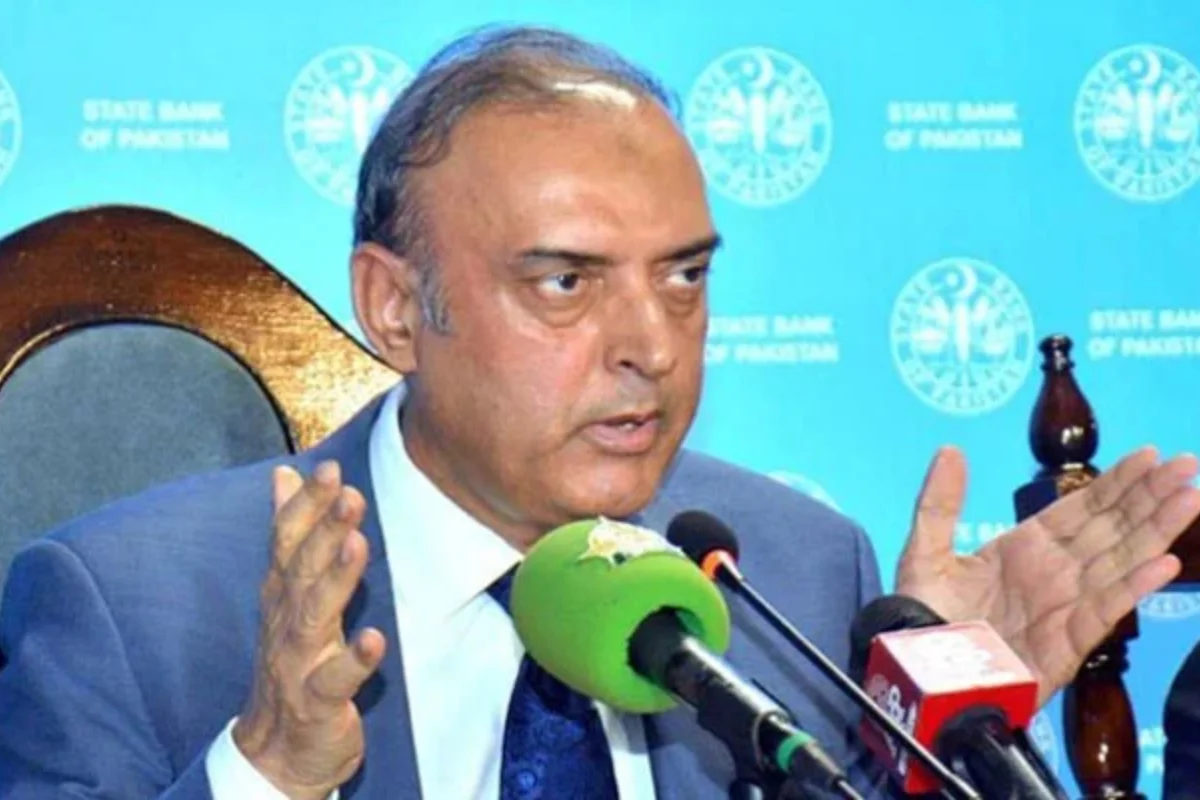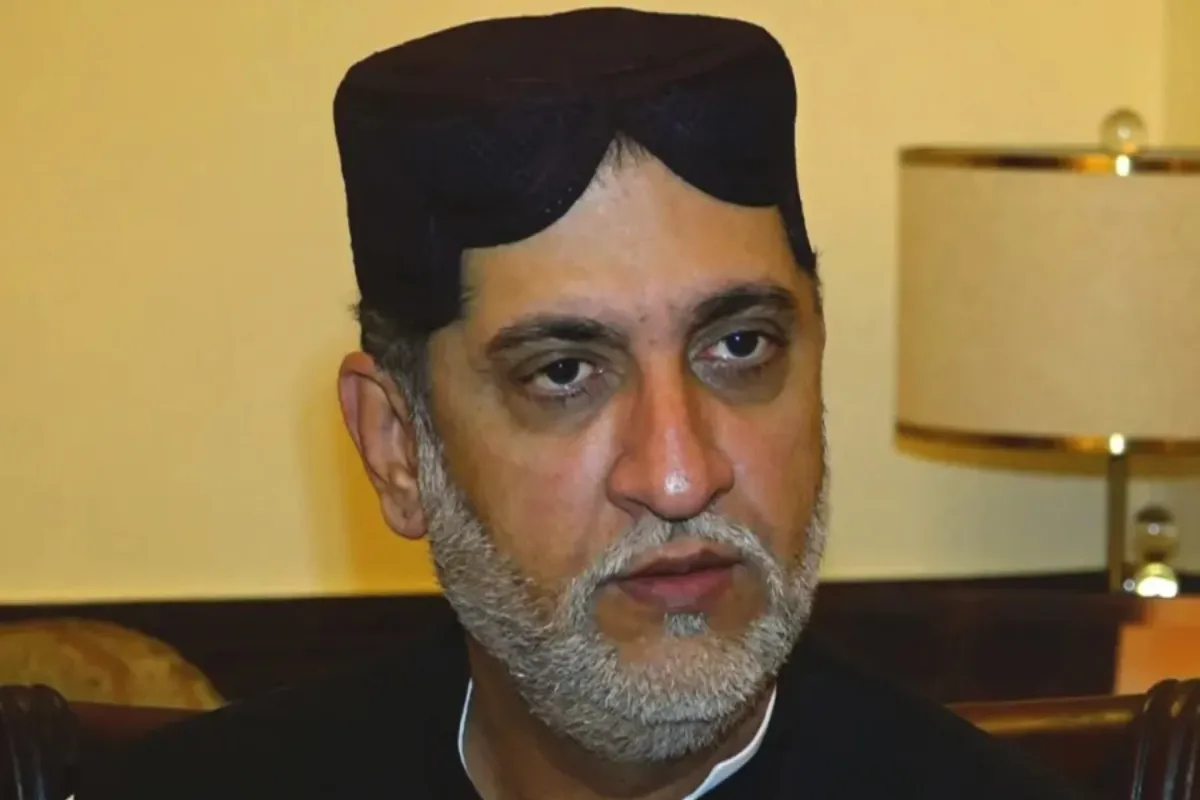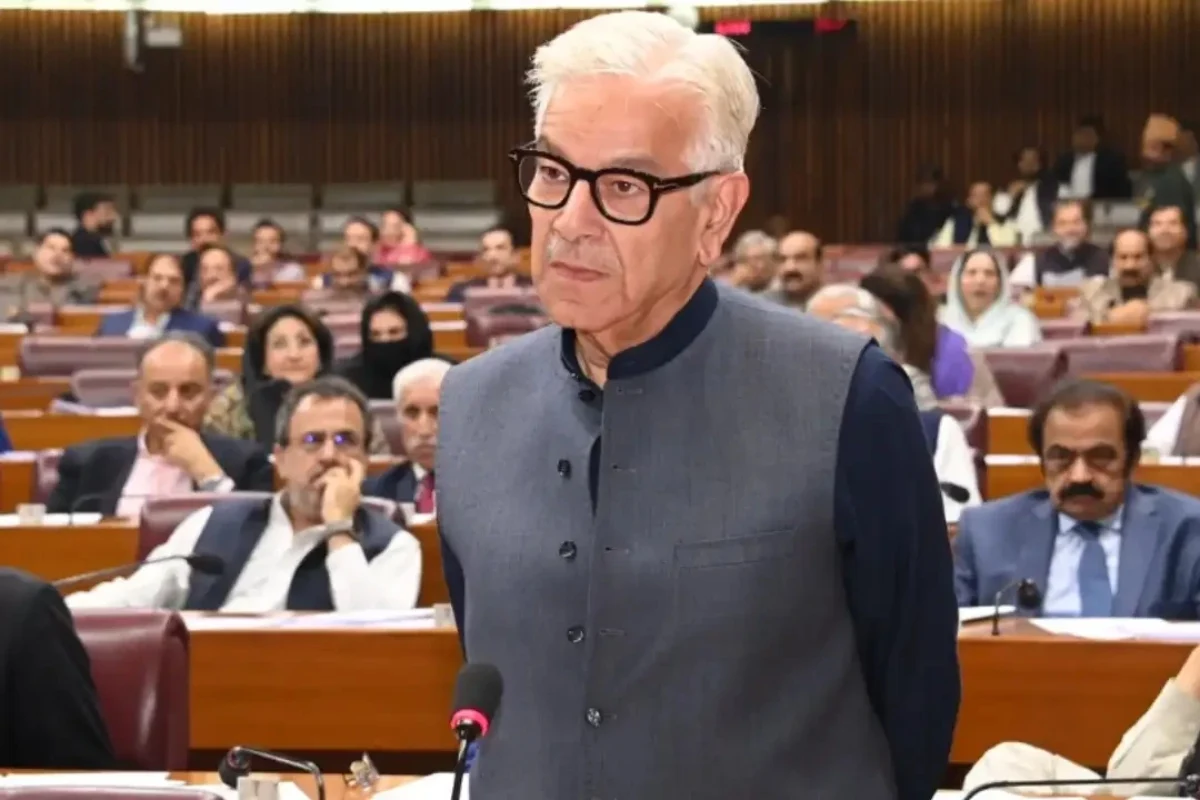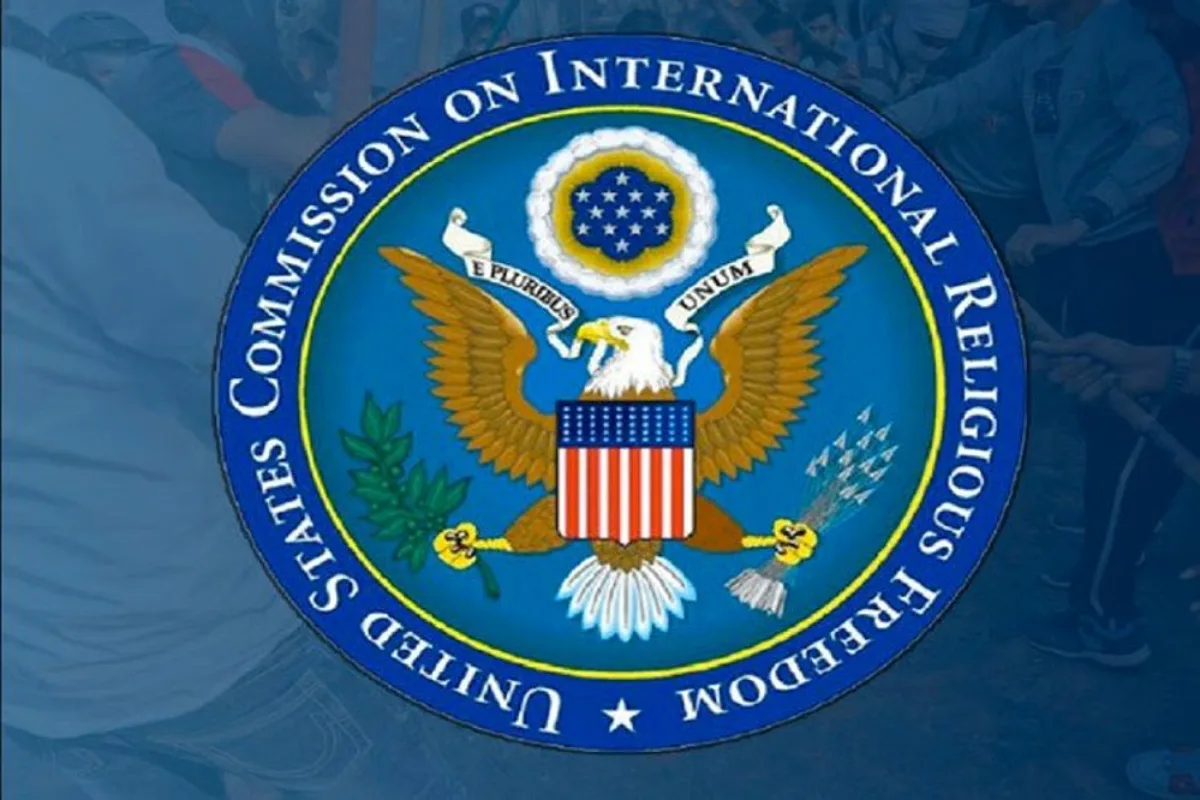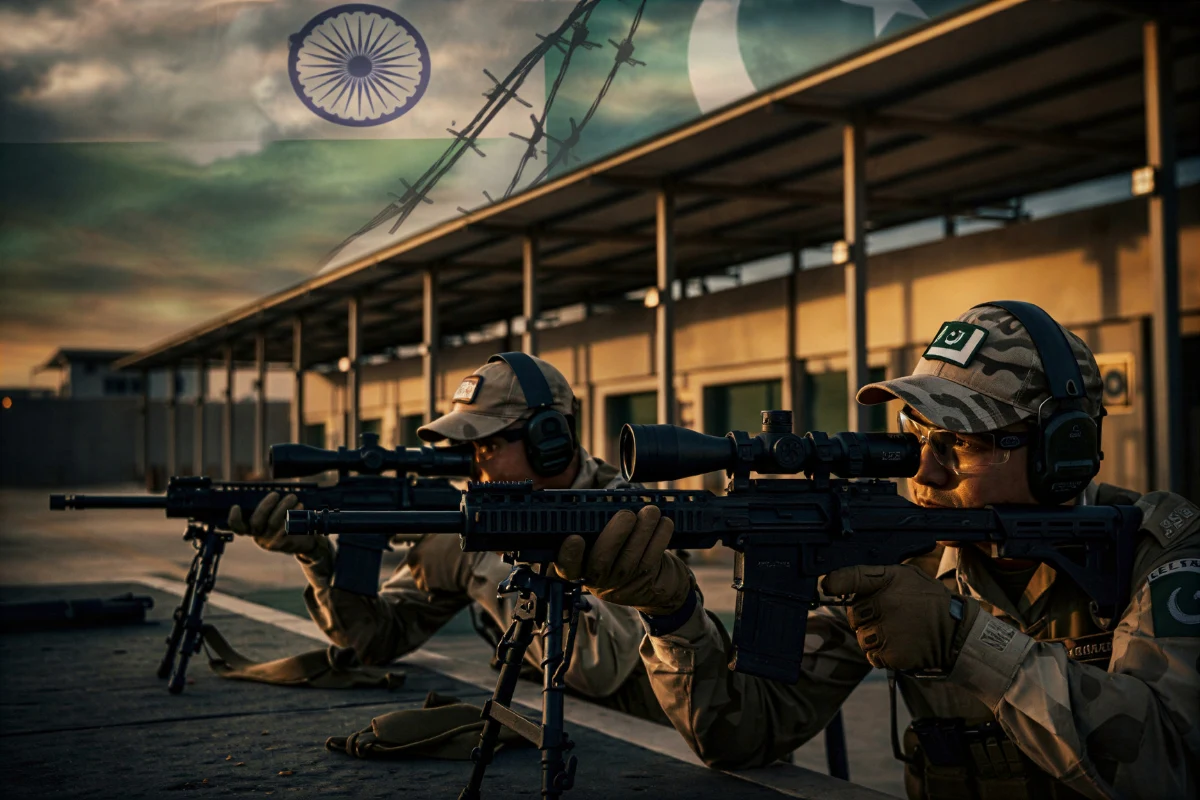Talks between delegations from Pakistan and Afghanistan resumed in Istanbul following Islamabad’s formal reply to the Taliban regime’s counterterrorism proposal, sources confirmed on Sunday.
The second round of discussions, mediated by Turkish intelligence chief Ibrahim Kalin, began just hours after Pakistan submitted its response to the Taliban’s submission on the country’s counterterrorism strategy.
The first phase of the Istanbul talks, which took place on Saturday, saw Pakistan present its counterterrorism plan aimed at addressing cross-border terrorism emanating from Afghan soil. Kabul’s response came late Sunday night, around 2 am.
This marks the second round of peace negotiations, following an initial round that took place in Doha, Qatar, on October 19. The first round, also mediated by Qatar and Turkey, resulted in both sides agreeing to a ceasefire after a series of intense border clashes instigated by the Taliban regime.
Pakistan had launched a retaliatory operation after Taliban forces, backed by allied militants, engaged in unprovoked firing along the border. In response, the Pakistan Armed Forces successfully repelled multiple attacks on their border posts, killing over 200 Taliban and affiliated militants. However, 23 Pakistani soldiers lost their lives during the clashes. Pakistan also conducted “precision strikes” on Taliban strongholds in Kandahar and Kabul, targeting militant networks.
In the wake of these clashes, Pakistan closed its border crossings with Afghanistan, prioritizing the safety of its citizens over the movement of goods and trade.
Meanwhile, Pakistan continues to express concerns over the Taliban regime’s alleged role as a proxy for India. Defence Minister Khawaja Asif, speaking in Sialkot on Saturday, accused India of using the Afghan Taliban to wage a proxy war against Pakistan.
“Asif warned of an “all-out war” with the Afghan Taliban regime if peace talks fail, but added that he felt a strong desire for peace during the Doha negotiations,” the minister noted.
The peace process remains critical for both nations as tensions over border security and regional influence continue to define their relationship.
